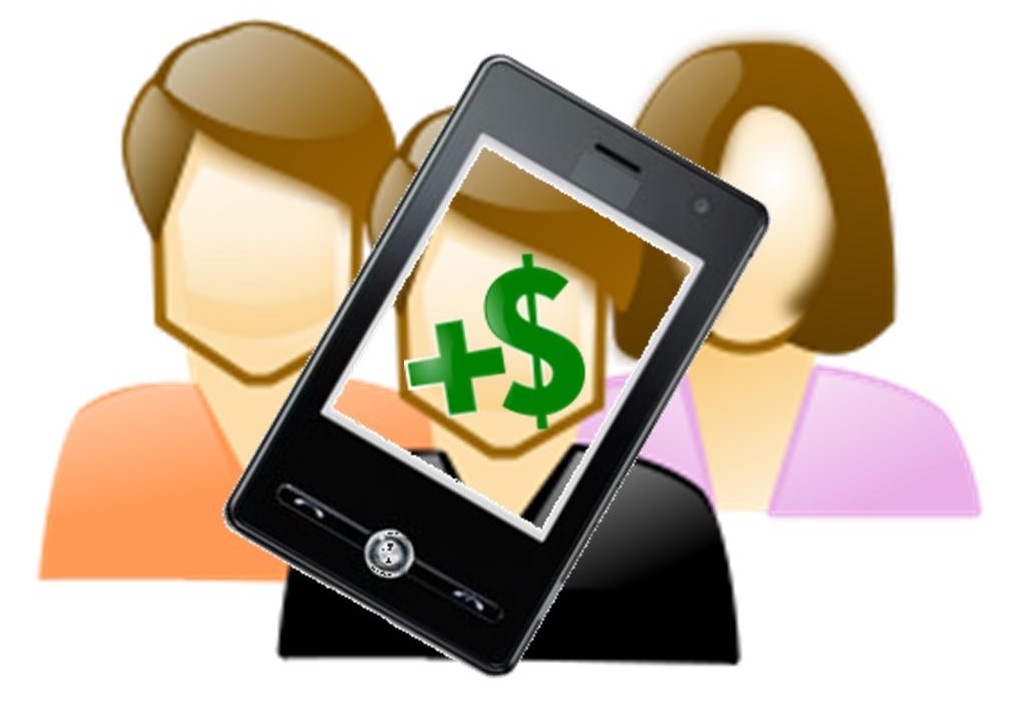Study shows tablets are favored for mobile payments
JiWire, a leading location-based mobile marketing firm, has released a new study concerning how consumers use their mobile devices to participate in mobile payments. The study, titled “Q1 2013 Mobile Audience Insights Report,” highlights the fact that consumers are becoming increasingly mobile; not in the sense that they are using mobile devices but that they are on the move more often than they have been in the past. Thanks to mobile technology, these consumers have the ability to stay connected to the Internet, allowing them to shop online no matter where they are in the world. For this reason, mobile payments have become especially popular among frequent travelers.
Travelers favor convenience over tradition
For travelers, convenience is often a top priority issue. Traveling itself is sometimes a chaotic and stressful endeavor, which can be exacerbated by having to deal with traditional forms of commerce. Mobile payments represent an easier way to pay for products and services given that these payments are entirely digital and do not deal with physical forms of currency. This has made mobile commerce popular with travelers that favor convenience and simplicity over traditional forms of commerce.
 Study shows that tablets lead smartphones and laptops
Study shows that tablets lead smartphones and laptops
According to the study, some 52% of travel booked in the first quarter of this year was made using a tablet device. The study suggests that consumers favor their tablet devices when it comes to mobile payments and travel. Smartphones and laptops were also used for travel booking, but tablets were praised for providing a more enjoyable and convenient experience over other platforms. This is similar to a trend that exists in the retail industry, where tablet consumers have been showing more interest in mobile payments than those using smartphones.
Mobile commerce impacting consumer behavior
JiWire notes that mobile commerce is beginning to impact consumer behavior across several sectors. Consumers are showing that they are more interested in mobile payments than traditional forms of commerce. Whether or not this trend will continue to gain momentum into the future is not certain, but consumers are currently eager to become more involved in the realm of mobile payments.

 Recent research is showing that if this technology is going to take off, customers need a reason to use it.
Recent research is showing that if this technology is going to take off, customers need a reason to use it.